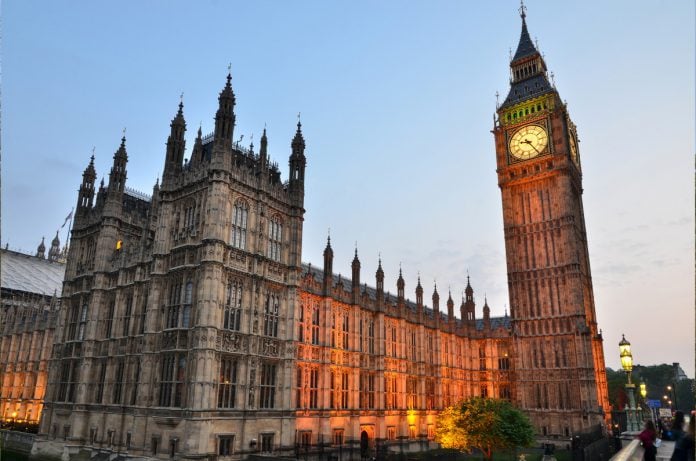Ahead of parliamentary debate on financial risk checks in Westminster next week, public support is apparently high according to a charity survey whilst policymakers are also reportedly planning on introducing stringent slot stake limits.
MPs are due to discuss the measures, one of the key recommendations of last year’s Gambling Act review White Paper, on Monday 26 February after a petition launched by racing stakeholders reached the necessary 100,000 signatures for parliamentary approval.
Whilst the racing and betting industries are concerned about the potential impact of checks, GambleAware claims public support contrasts significantly. The charity has cited a survey which revealed three in five British adults support finance risk checks ‘in principle’.
The government is aiming to introduce finance risk checks, and other White Paper proposals, at some point this year – although a potential election could interfere with these plans – and the measures will have significant impacts on operator payments practices.
UK Gambling Commission (UKGC) and DCMS estimates put the number of accounts to be affected by affordability checks at 0.3%, meaning a minimal amount of customers will be affected according to the regulator and policymaker.
However, betting and racing stakeholders are concerned that over-intrusiveness in the payments journey could deter customers from regulated betting sites, impacting finances. To counter, charities such as GambleAware and other reform advocates have argued that the checks are an essential player protection measure in today’s digitised betting market.
Zoë Osmond, CEO of GambleAware, said: “As we continue to see a steady rise in demand for support and treatment services, we are urging the Government to ensure there are no missed opportunities when it comes to the instruction of robust preventative measures to tackle this rapidly growing public health issue.
“It’s imperative that proactive measures are taken to address the root causes of gambling harm, including comprehensive education programmes and awareness-raising campaigns, stronger regulations to protect vulnerable populations, and sufficient funding for treatment and support services.
“By prioritising preventative action and ensuring the industry takes some responsibility for protecting individuals against unaffordable losses, we can mitigate the detrimental impact of problem gambling on individuals and society as a whole.”
Further findings from the charity’s poll revealed that 76% of respondents believe checks will ‘shift more responsibility onto gambling companies rather than solely those who gamble’. A further 63% believe the measure will reduce the number of people facing financial harm as a result of gambling.
Under the initial proposals of the April 2023 White Paper, checks will begin at a net loss of £125 within a month or £500 within a year, higher spending thresholds will stand at £1,000 a day and £2,000 a month, with stricter benchmarks for 18-24 year old customers.
In the event customers have to provide evidence of financial sustainability to gamble, they will be asked to do so via a third party Open Banking provider under UKGC/DCMS plans.
Stake limits were also suggested for slots, with a maximum limit of between £2 and £15 for online games touted. Again, 18-24 year-olds would also be subject to stricter restrictions at between £2 and £4.
Since the paper’s publication, the UKGC and DCMS have been engaging extensively in consultations with both industry stakeholders and reform advocates to iron out the various review recommendations.
According to a report this week in The Guardian, under-25s will be set a limit of £2 with anyone over that age unable to pay any more than £5 per spin on a slot game. The paper claims that this will be announced on Friday 23 February.
This will, as the paper noted, have a significant impact on operator revenue and profit margins. The parliamentary debate on affordability checks next Monday will likely include arguments of a similar nature between MPs with constituents in the betting and racing industry on one side and those in favour of reform on the other.























